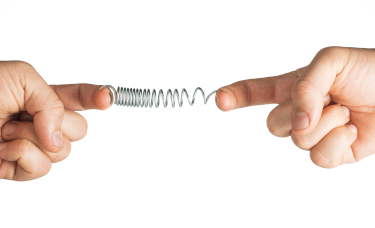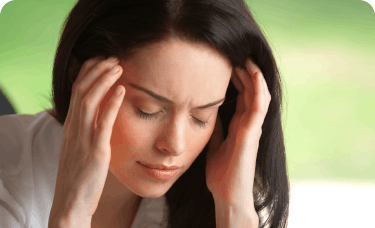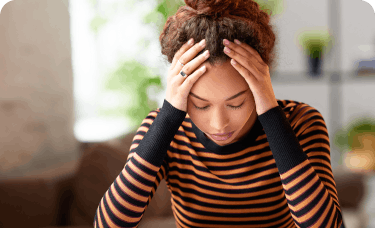More than just pain relievers
If you experience frequent headaches, you may believe that your defense arsenal is limited to pain relievers. The truth is, there are a number of other treatment approaches that you can use in combination with pain relievers to combat headache pain. Some headache specialists report that this combination can be more effective in relieving headache pain than either singular approach.









